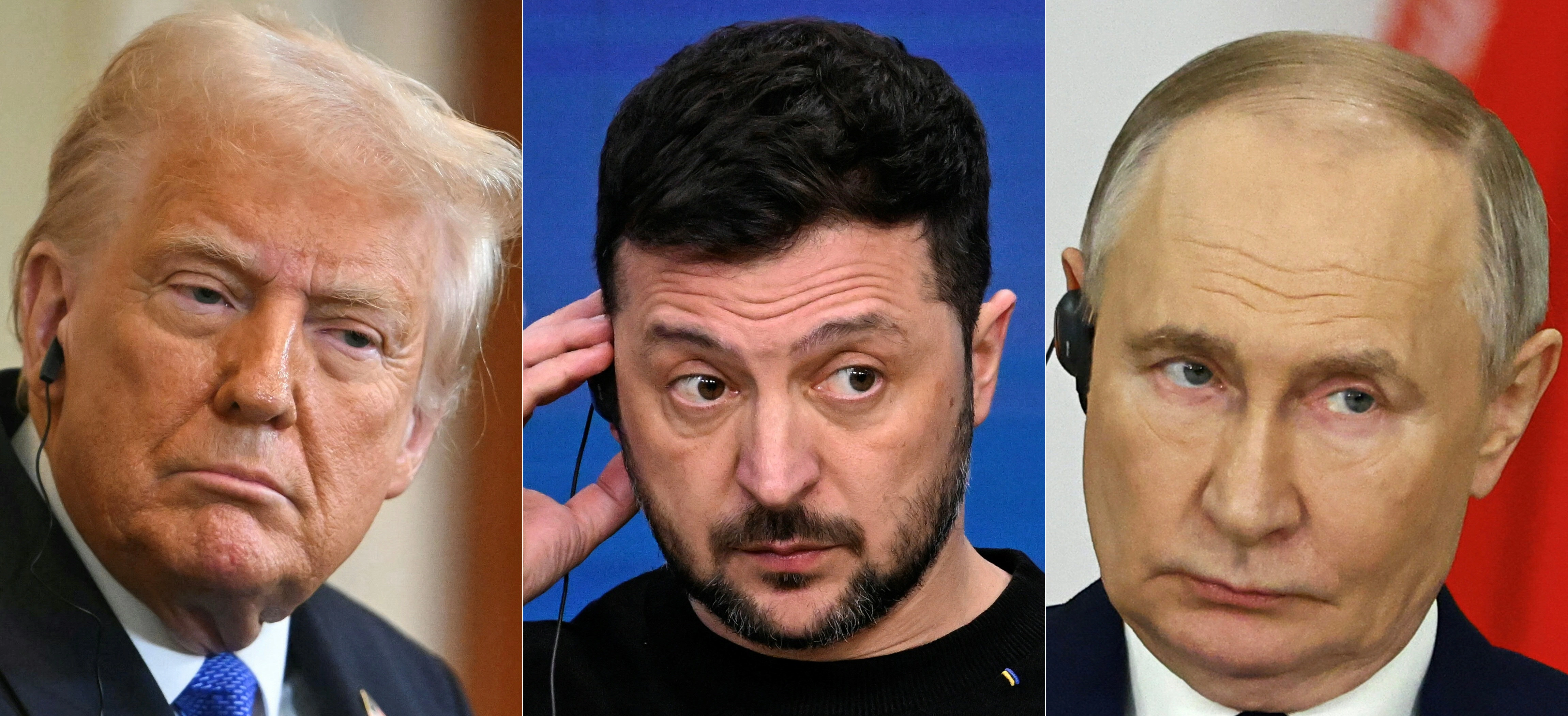In an effort to address the ongoing conflict in Ukraine, former President Donald Trump has announced plans to reach out to Russian President Vladimir Putin. The intention behind this communication is to seek a resolution to the violence that has plagued the region for far too long, resulting in significant loss of life and humanitarian crises. Trump’s initiative underscores his belief in direct diplomacy as a means to foster peace and stability, reflecting his administration’s previous approach to international relations, where he often emphasized personal engagement with foreign leaders.
The war in Ukraine, which has escalated since Russia’s annexation of Crimea in 2014 and further intensified with the invasion in 2022, has drawn widespread condemnation from the international community. The conflict has not only resulted in tragic casualties but has also led to substantial displacement of civilians and extensive damage to infrastructure. Trump’s proposed dialogue with Putin aims to break the deadlock and explore potential avenues for ceasefire and reconciliation. By initiating a conversation with the Russian leader, Trump hopes to leverage his unique relationship with Putin to facilitate negotiations that could lead to a de-escalation of hostilities.
Critics of Trump’s approach may argue that engaging with Putin could inadvertently legitimize his actions in Ukraine and undermine the efforts of international coalitions working to support Ukraine. However, supporters contend that without dialogue, the cycle of violence is likely to continue, further exacerbating the humanitarian crisis. In this context, Trump’s call for a conversation may be seen as a bold step toward addressing a deeply entrenched conflict that has global ramifications. As the situation in Ukraine remains fluid, the international community will be watching closely to see how this potential dialogue unfolds and whether it can indeed pave the way for a more peaceful resolution.
Ultimately, the complexities of the Ukraine conflict require a multifaceted approach, combining diplomacy, economic sanctions, and support for the Ukrainian government. Trump’s willingness to engage directly with Putin reflects a critical aspect of international relations: the necessity of open lines of communication, even with adversarial nations. As the world grapples with the consequences of the ongoing war, the effectiveness of such diplomatic efforts will be pivotal in shaping the future landscape of not only Ukraine but also broader geopolitical dynamics.




